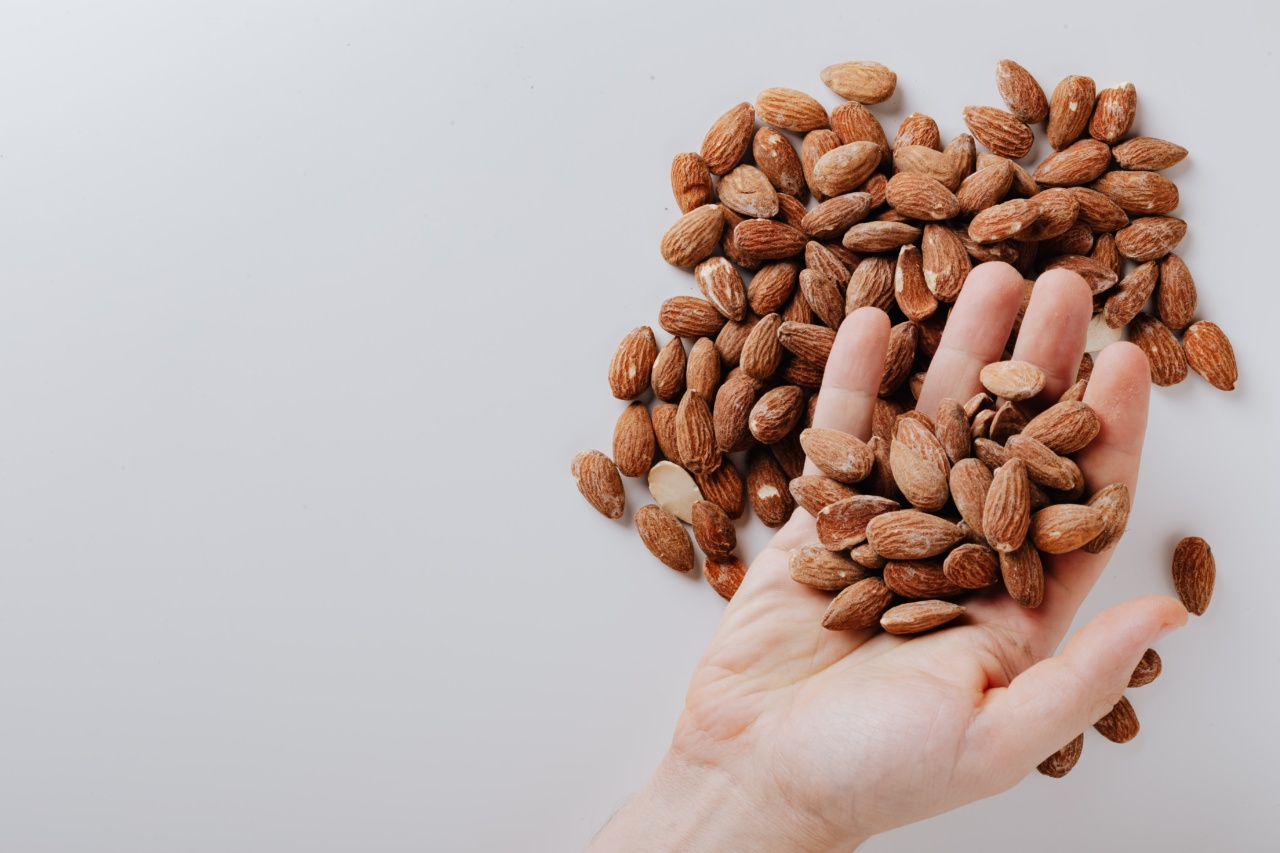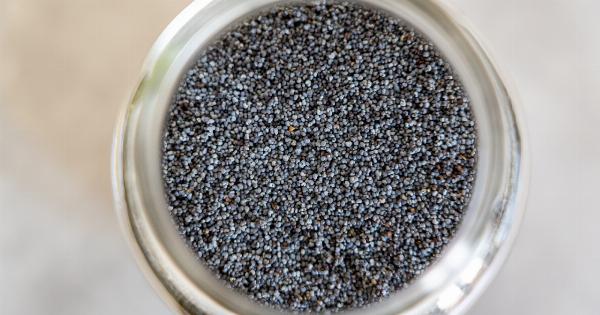Protein diets have gained popularity in recent years due to their potential for weight loss and muscle-building benefits. However, it is essential to understand the potential hazards associated with these diets.
While protein is a crucial nutrient for overall health, consuming excessive amounts or relying solely on protein-based foods can have negative effects on the body. This article discusses ten potential hazards of protein diets and highlights the importance of moderation and a balanced approach to nutrition.
1. Nutritional Imbalances
One of the main hazards of protein diets is the potential for nutritional imbalances. When individuals focus solely on protein-rich foods, they may exclude other essential nutrients needed for optimal health.
A well-rounded diet includes carbohydrates, healthy fats, vitamins, and minerals found in fruits, vegetables, whole grains, and legumes. Neglecting these important food groups can lead to deficiencies and health issues in the long run.
2. Kidney Damage
Excessive protein intake can put a strain on the kidneys, increasing the risk of kidney damage. When protein is broken down, it produces waste products that the kidneys must eliminate.
Consuming an excess of protein puts excessive strain on the kidneys’ filtration system, potentially leading to kidney dysfunction or even kidney stones.
3. Osteoporosis
High-protein diets, especially those that promote the consumption of animal protein, may contribute to calcium loss in bones.
Calcium is essential for maintaining strong and healthy bones. When the body uses protein for energy, it creates an acidic environment. To neutralize the acidity, the body may draw calcium from the bones, increasing the risk of osteoporosis over time.
4. Digestive Issues
Protein-rich diets often lack the necessary fiber content found in fruits, vegetables, and whole grains. Insufficient fiber intake can lead to constipation and other digestive issues.
Fiber promotes regular bowel movements, aids in digestion, and keeps the digestive system healthy. It adds bulk to the stool and helps prevent common digestive problems such as bloating and stomach cramps.
5. Increased Risk of Heart Disease
A diet characterized by high protein intake, especially from animal sources, may increase the risk of heart disease. Animal protein is often associated with higher levels of saturated fats and cholesterol.
Consuming excessive amounts of these substances can raise blood cholesterol levels and contribute to the development of cardiovascular problems.
6. Nutrient Deficiencies
While protein is vital for numerous bodily functions, relying solely on protein-rich foods can lead to deficiencies in other essential nutrients.
For example, plant-based protein sources, such as legumes and soy, may lack certain essential amino acids found in animal protein. Likewise, animal protein sources may lack the fiber, vitamins, and minerals present in plant-based foods.
7. Difficulty Sustaining Long-term
Protein diets often promote rapid weight loss due to their satiating effect. However, sustaining such diets over the long term can be challenging.
These diets can be restrictive and monotonous, making it difficult to maintain adherence.
Many individuals following protein diets also experience cravings for carbohydrates or other food groups, leading to potential binge-eating episodes or feelings of deprivation.
8. Increased Risk of Dehydration
High-protein diets can increase the risk of dehydration. Protein requires additional water for metabolism and excretion.
When protein intake is high, individuals must also increase their water intake to support proper hydration levels. Failure to do so can lead to dehydration, which can cause fatigue, dizziness, and other complications.
9. Adverse Effects on Gut Health
Research suggests that an imbalanced diet excessively high in protein and low in other nutrients can negatively impact gut health.
A lack of sufficient fiber and plant-based foods can disrupt the natural balance of gut bacteria, leading to digestive problems and a compromised immune system.
10. Negative Impact on Longevity
Some studies indicate that high-protein diets, particularly those that derive a significant portion of protein from animal sources, may have a negative impact on longevity.
Animal-based protein diets have been associated with increased mortality rates, especially when consumed over a prolonged period.
This highlights the importance of achieving a balance between protein intake and other essential nutrients for optimal health and longevity.

























